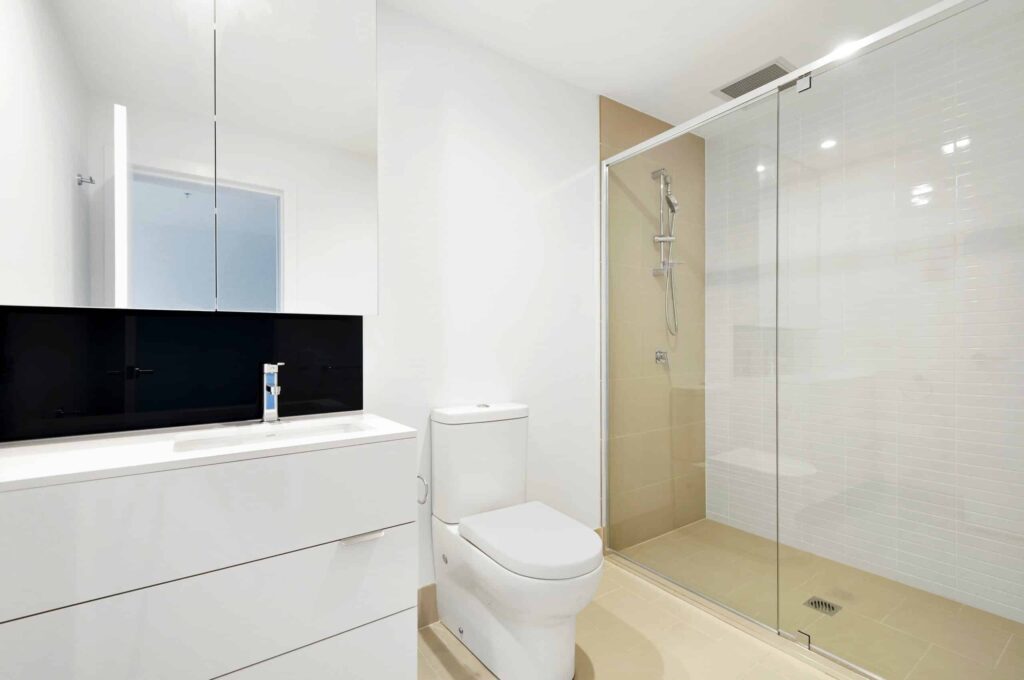There are many benefits to using water softeners in your plumbing system. Water softeners can help improve your plumbing system’s efficiency by reducing the build-up of scale. Hard water can cause the following problems.
It can damage your plumbing. When hard water combines with soap and detergents, it creates a chemical reaction that causes corrosion in pipes and fixtures. This can shorten the life of your home’s plumbing system.

Calcium and Lime Deposits Damage Dishwashers but Aid Septic Tanks
This problem is more severe in areas like San Antonio, Texas, where much of the water supply comes from aquifers. The rock-bound minerals leach out into the municipal water supply system. As a result, homes that rely on well water can also experience residential plumbing issues.
Calcium deposits inside water heaters grow slowly, forming a honeycomb-type formation, slowly reducing the effective volume of heated water it can hold. Using a water softener and a natural gas or electric tankless water heater will eliminate the scale problem and save money on utility bills.
Traditional Types of Water Softeners
Hard water problems exist when it’s rated at a high GPG (Grains Per Gallon). Technically, anything above 1 GPG is hard, but there are not too many effects until it reaches beyond 5 GPG or so.
In moderate cases, the homeowner may use a packaged “non-precipitating” softener in the washing machine. In other cases, a whole-house system may be employed.
The most common type is called a cation exchange system. This uses salt, or sodium chloride, to treat the water. The system has a resin tank, bed, and a brine tank. The resin resembles plastic beads and attracts hard water mineral ions.
The resin is flushed or regenerated periodically. This has been shown to benefit home septic tanks.
Salt-Free or Electronic Models
The new kid on the block is the electronic or magnetic water softener. These are said to work by attracting or repulsing the ions. Do they work? The jury is still out on that issue. The Water Quality Association commissioned a study that found no change in either the water’s softness property or plumbing scale formation.
The companies that sell this technology quote ill health effects from salt and that some cities are placing restrictions on salt disposal.
The Effects of Regeneration on Home Septic Tanks
According to the Water Quality Association, regeneration has no ill effects on home septic tanks or the leach field. However, they have determined that it could help with septic tank system drain field soil percolation.
It does this by adding polyvalent water hardness cations from the regeneration discharge. The sodium also assists bacteria responsible for digesting wastes.
Hard Water Problems
Mineral ion-rich water has far-reaching implications. Think about it; water consumption and usage in the home are essential for comfortable living. Hard water affects:
- Bathing – It leaves a soap curd on the skin that is difficult to rinse away and may trap bacteria.
- Washing clothes – It leaves minerals in the fiber and may leave shirts and pants feeling scratchy and stiff.
- Scale in solar water heating systems – Solar water heating is used for hot water and swimming pool heating. Mineral scale deposit affects both tubing and mechanical pumps.
- Dishwashers – Calcium and other minerals are released from the water more easily in the presence of heat. It causes spotting and filming on glasses and dishes.
- Faucets and shower heads – These get clogged up and limit water passage.
- Water heaters – Clog up with deposits.

Jay
Jay is a health and wellness enthusiast with expertise in water quality and nutrition. As a knowledgeable advocate for holistic well-being, Jay successfully manages Type 2 Diabetes through informed lifestyle choices. Committed to sharing reliable and authoritative insights, Jay combines firsthand experience with a passion for enhancing health."
